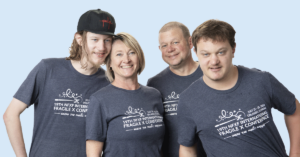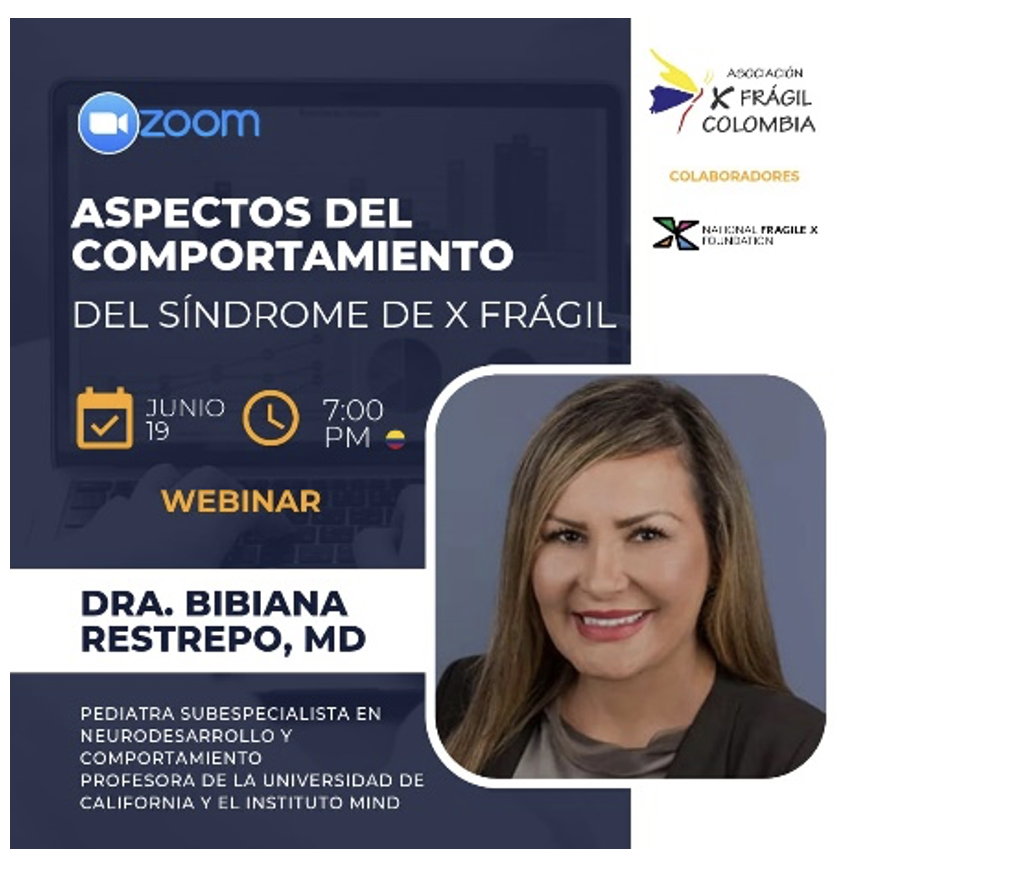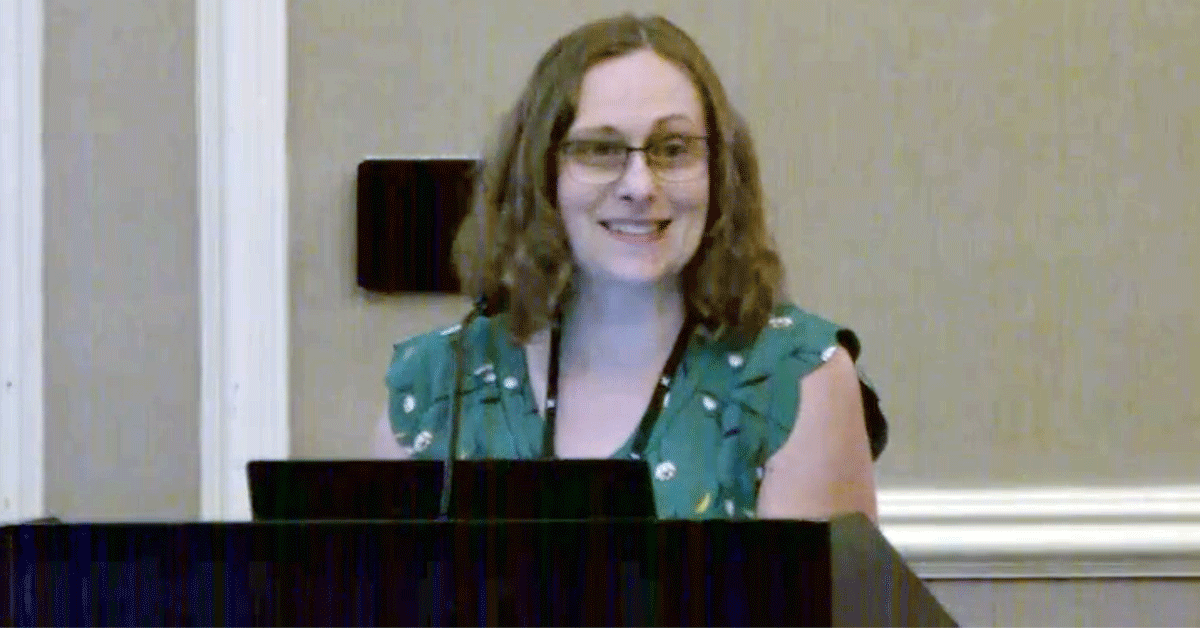About the Panelists
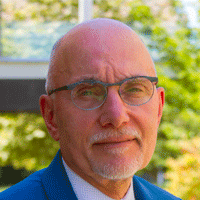
Len Abbeduto
Len Abbeduto, PhD, is the director of the MIND Institute, the Tsakopoulos-Vismara Endowed Chair, and a professor of psychiatry and behavioral sciences at the University of California, Davis. Dr. Abbeduto’s research is focused broadly on the development of language across the lifespan in individuals with neurodevelopmental disorders and the family context for language development.
Dr. Abbeduto has published more than 190 articles, chapters, reviews, and books on Fragile X syndrome, autism, Down syndrome, intellectual disabilities, and child development. His program of research has been funded nearly continuously by NIH since 1985. His current research is focused on understanding variation in language outcomes in various neurodevelopmental disorders, the measurement of treatment effects in clinical trials, and the use of distance technology in behavioral treatment. He serves as PI/PD of the NICHD-funded MIND Institute Intellectual and Developmental Disabilities Research Center, which provides core support to more than 70 projects and 40 scientists at the UC Davis MIND Institute.

Jessica Klusek
Jessica Klusek, PhD, CCC-SLP, is an associate professor at the University of South Carolina. Dr. Klusek received her doctorate in speech and hearing sciences from the University of North Carolina at Chapel Hill. She followed her doctoral training with an NIH-funded postdoctoral fellowship in psychology at the University of South Carolina, where she completed interdisciplinary training in physiology, psychology, and genetics. Dr. Klusek is also a certified speech-language pathologist. Dr. Klusek is also an advisor in the NFXF’s Research Readiness Program.
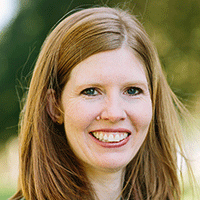
Julie Lounds Taylor
Julie Lounds Taylor, PhD, received her doctorate in developmental psychology from the University of Notre Dame and completed a post-doctoral fellowship at the Waisman Center, University of Wisconsin–Madison. Her research focuses on understanding the factors that promote positive outcomes for adults with autism spectrum disorder and their families, particularly during the transition to adulthood. She was the 2014 recipient of the American Association on Intellectual and Developmental Disabilities Early Career Award, is an associate editor for Autism: The International Journal of Research and Practice, and is a member of the United States Department of Health and Human Services Interagency Autism Coordinating Committee.

Angela John Thurman
Angela John Thurman, PhD, is a research scientist at the MIND Institute. Her work focuses on characterizing the dynamic processes underlying language development and other skills in individuals with neurodevelopmental conditions, particularly Fragile X syndrome, autism, Down syndrome, and Williams syndrome. The long-range goal is that this work will help identify the extent to which similar and different processes should be targeted in intervention efforts across neurodevelopmental conditions.


